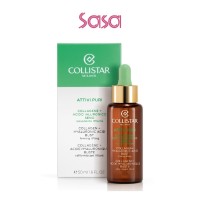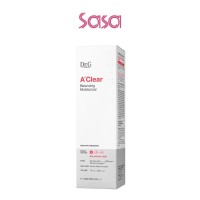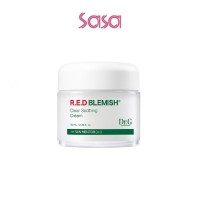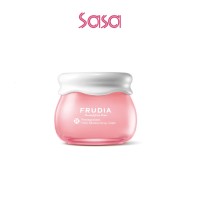The daily struggle with dry, sensitive skin results in discomfort and irritation while also causing the skin to appear dull. A high-quality moisturizer is essential for restoring hydration and meeting your skin's needs, whether you’re finding a new moisturizer or refining your skin-care routine.
This product works to calm irritated skin while simultaneously protecting the skin's protective barrier. This comprehensive guide explores the best practices for choosing a moisturizer for dry skin and a moisturizer for sensitive skin, offering practical tips, ingredient insights, and expert advice to help you achieve a healthy, radiant glow.
Understanding Dry and Sensitive Skin
Dry skin, especially dry skin on the face, occurs when the skin lacks sufficient moisture, leading to flaky skin or tightness. For those with combination skin, balancing moisture in the skin is key.
Sensitive skin tends to show irritation and redness while reacting negatively to certain ingredients and environmental conditions. Many individuals experience a combination of both, making it critical to select a moisturizer that addresses these concerns without causing further discomfort.
Skin barrier functions depend on lipids and ceramides, which help to maintain moisture and protect against irritants. Dryness and sensitivity levels increase when genetics, harsh weather conditions, or unsuitable skincare practices damage the skin barrier. A well-formulated moisturizer for dry skin or moisturizer for sensitive skin can repair this barrier, lock in hydration, and calm inflammation.
Why Moisturizer Is Essential for Dry and Sensitive Skin
A moisturizer serves three primary functions: hydration, protection, and repair. For dry skin, it replenishes lost moisture and prevents transepidermal water loss (TEWL), fortifying the skin against environmental stressors. For sensitive skin, it soothes irritation and reduces reactivity. Here’s why a moisturizer for dry skin and a moisturizer for sensitive skin are non-negotiable:
- Hydration: Hyaluronic acid and glycerin function as skin moisturizing agents because they pull water into the skin to treat dryness.
- Barrier Support: Petrolatum acts as an occlusive, while shea butter serves as an emollient to reinforce the skin barrier's strength.
- Soothing Relief: Aloe vera and chamomile, as anti-inflammatory elements, work to alleviate skin redness and irritation.
- Environmental Protection: Sensitive skin receives protection from environmental pollutants and UV rays through the use of moisturizers.
Dry and sensitive skin needs daily moisturizing to prevent cracks and avoid worsening eczema or causing allergic reactions.
The essential components to include when selecting a moisturizer for dry and sensitive skin
Choosing the right moisturizer for dry skin or moisturizer for sensitive skin requires understanding the ingredients that deliver results. Here are the top ingredients to prioritize:
1. Humectants
Because humectants draw in and keep moisture, they serve as excellent ingredients for moisturizing dry skin. Look for:
- Hyaluronic Acid: Boosts moisture without clogging pores.
- Glycerin: A gentle humectant safe for sensitive skin.
- Aloe Vera: Hydrates while soothing irritation.
2. Emollients
Emollients work to smooth skin texture while filling gaps in the skin barrier. Effective options include:
- Shea Butter: Fatty acids provide nourishment to dry skin when found in shea butter.
- Jojoba Oil: Mimics the skin’s natural oils, reducing irritation.
- Squalane: Lightweight and non-comedogenic, perfect for sensitive skin.
3. Occlusives
Occlusives establish a protective barrier that retains skin moisture. Common occlusives include:
- Petrolatum: Highly effective for dry, cracked skin.
- Dimethicone: A dimethicone occlusive brings gentle protection to sensitive skin.
- Beeswax: A natural option for sealing in hydration.
4. Barrier-Repairing Ingredients
Ingredients like ceramides and hyaluronic acid work synergistically to repair angry skin. For skin conditions like eczema, opt for repair creams such as Rhode Barrier Restore Cream. Products labeled as “barrier-repair” often contain these.
5. Soothing Agents
To calm sensitive skin, opt for:
- Chamomile: Reduces redness and inflammation.
- Oat Extract: Relieves itching and irritation.
- Centella Asiatica: Promotes healing and soothes reactive skin.
Ingredients to Avoid
Sensitive skin reacts poorly to certain ingredients. Steer clear of:
- Fragrances and essential oils can trigger allergies, especially in sensitive skin types or those with acne-prone skin.
- Alcohol strips moisture.
- Harsh exfoliants like retinols or AHAs may irritate.
How to Choose the Best Moisturizer for Dry and Sensitive Skin
With countless options available, selecting the right moisturizer for dry skin or moisturizer for sensitive skin can feel overwhelming. Follow these tips to make an informed choice:
- Check the Label: Check skincare labels for phrases such as “fragrance-free,” “hypoallergenic,” or “dermatologist-tested” to guarantee suitability for sensitive skin.
- Consider Texture: Dry skin benefits from creams and ointments due to their richness, whereas lightweight lotions perform better for combination-sensitive skin types.
- Patch Test: To ensure safety, test the product with a small amount on your inner arm before full application.
- Look for Multi-Tasking Formulas: Certain moisturizers integrate hydration and soothing properties with SPF to deliver all-day protection.
- Read Reviews: Customer feedback can reveal how a product performs on dry or sensitive skin.
Top Moisturizers for Dry and Sensitive Skin
Here are some highly recommended products known for their efficacy:
- Cerave’s Moisturizing Cream, frequently recommended by board-certified dermatologists, combines hyaluronic acid and ceramides to repair the skin barrier.
- La Roche-Posay Toleriane Double Repair Moisturizer: Combines prebiotic thermal water and ceramides to hydrate and soothe.
- Drunk Elephant Lala Retro Whipped Cream: A rich, non-irritating formula with six African oils and ceramides.
- Aveeno Calm + Restore Oat Gel: A best lightweight option for face and body, this skin cream absorbs quickly without residue.
- Vanicream Moisturizer: Frequently recommended by dermatologists for skin in 2025, this oil-free formula left skin feeling calm and nourished.
- Neutrogena Hydro Boost: This hydro boost gel infuses moisture into the skin, ideal for skin tones prone to dehydration.
Always consult a dermatologist if you’re unsure which moisturizer suits your skin’s unique needs.
How to Apply Moisturizer for Maximum Benefits
Proper application enhances the effectiveness of your moisturizer for dry skin or moisturizer for sensitive skin. Follow these steps:
- Cleanse Gently: Choose a cleanser that is fragrance-free and does not produce foam to protect your skin's natural oils.
- Apply on Damp Skin: For optimal hydration results, apply moisturizer within three minutes after cleansing or showering.
- Use the Right Amount: A nickel-sized amount of face cream is sufficient for the face. For daytime, try a dewy skin cream like Rhode Barrier Restore Cream for a radiant finish. For dry skin on the body, follow with a moisturizing lotion like Vanicream to keep skin soft.
- Layer Correctly: Apply lightweight serums (like hyaluronic acid) before thicker moisturizers.
- Don’t Skip SPF: For daytime, choose a moisturizer with SPF 30 or higher to protect sensitive skin.
Reapply as needed throughout the day, especially after washing your hands or face.
Additional Tips for Managing Dry and Sensitive Skin
Beyond using a moisturizer for dry skin or moisturizer for sensitive skin, adopt these habits to support your skin:
- Use a Humidifier: Combat indoor dryness to keep skin feeling hydrated. Pair with a body lotion for head-to-toe care.
- Avoid Hot Showers: Hot showers remove protective oils, so it's best to shower with lukewarm water and keep sessions under 10 minutes.
- Choose Gentle Fabrics: Sensitive skin experiences less irritation from cotton and silk materials compared to wool or synthetic fabrics.
- Stay Hydrated: Maintaining healthy skin requires drinking sufficient amounts of water daily.
- Consult a Dermatologist: Professional expertise proves essential when managing long-term skin conditions such as eczema and rosacea.
The Role of Diet and Lifestyle in Skin Health
While a moisturizer for dry skin and a moisturizer for sensitive skin are critical, diet and lifestyle also play a role. Incorporate:
- Omega-3 fatty acids (found in salmon and flaxseeds) nourish and repair the skin barrier, reducing dryness. Pair with cosmetic products that moisturizers tend to enhance, like ultra facial hydrators.
- Antioxidant-rich foods like berries can help combat inflammation.
- Managing stress levels is important because stress makes skin sensitive and dryness worse.
Summing Up
Dry and sensitive skin requires thoughtful care, and the right moisturizer can make all the difference. By choosing a moisturizer for dry skin or a moisturizer for sensitive skin with hydrating, soothing, and barrier-repairing ingredients, you can alleviate discomfort and achieve a healthy complexion. Combine proper moisturizing with gentle skincare habits, a balanced diet, and professional advice for optimal results. Invest in your skin today with moisturizers that perform—whether it’s a cream that feels rich like CeraVe or a repair cream for compromised barriers.
Discover the perfect moisturizer for your dry and sensitive skin at Sa Sa MY! Visit shop.sasa.com.my to explore our curated selection of gentle, effective skincare products designed to nourish and protect your skin.
Frequently Asked Questions
-
What’s the best moisturizer for extremely dry skin?
Cerave Moisturizing Cream, formulated with hyaluronic acid and ceramides, is a dermatologist's favorite for flaky, compromised skin. -
Can oily skin use a moisturizer for dry skin?
Yes! Opt for a lightweight moisturizer like La Roche-Posay Toleriane Double Repair. Avoid heavy creams—focus on hydration, not oil. -
Is fragrance-free moisturizer better for sensitive skin?
Absolutely. Fragrance is a common irritant; fragrance-free formulas like Vanicream minimize reactions. -
How often should I moisturize dry, sensitive skin?
Twice daily. Use a hydrating moisturizer after cleansing and reapply a lotion on extra-dry areas. -
Can moisturizers help with signs of aging on mature skin?
Yes! Look for night creams with ceramides and hyaluronic acid to plump fine lines and reinforce the skin barrier. -
How do I find the best moisturizers for ‘my skin’?
Start with your skin type—look for terms like best moisturizer for dry skin or oil-free on labels. -
Can face and body moisturizers differ?
Yes! Body lotions are thicker, while face moisturizers like La Roche-Posay moisturizer are formulated for delicate facial skin.Author
Mei Ling Cheng is a seasoned beauty expert with over 15 years of experience in makeup artistry and skincare consulting. As a leading beauty advisor at Sa Sa Malaysia, she helps customers achieve flawless, long-lasting looks.
Featured Products in this Post
RM 139.00
RM 129.00
Related Posts

Best Moisturizer in Malaysia that Matches Your Skin Type
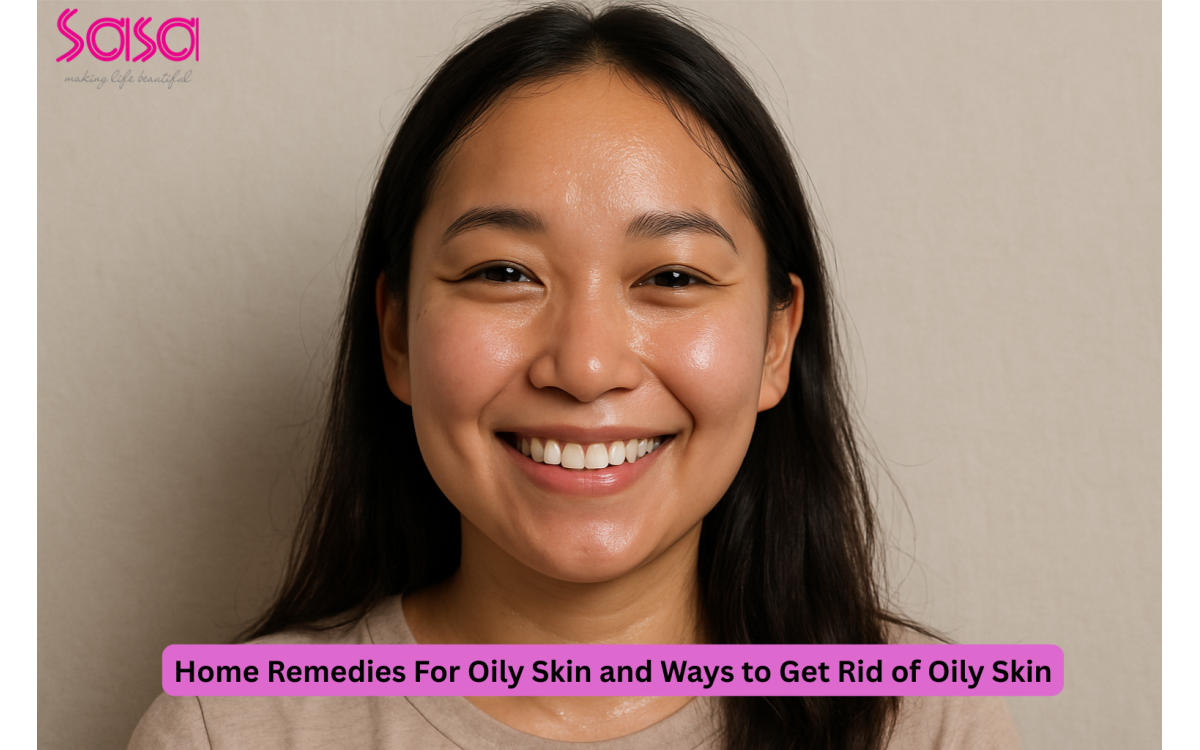
Oily Skin Care Routine: Your Guide to Healthy Skin
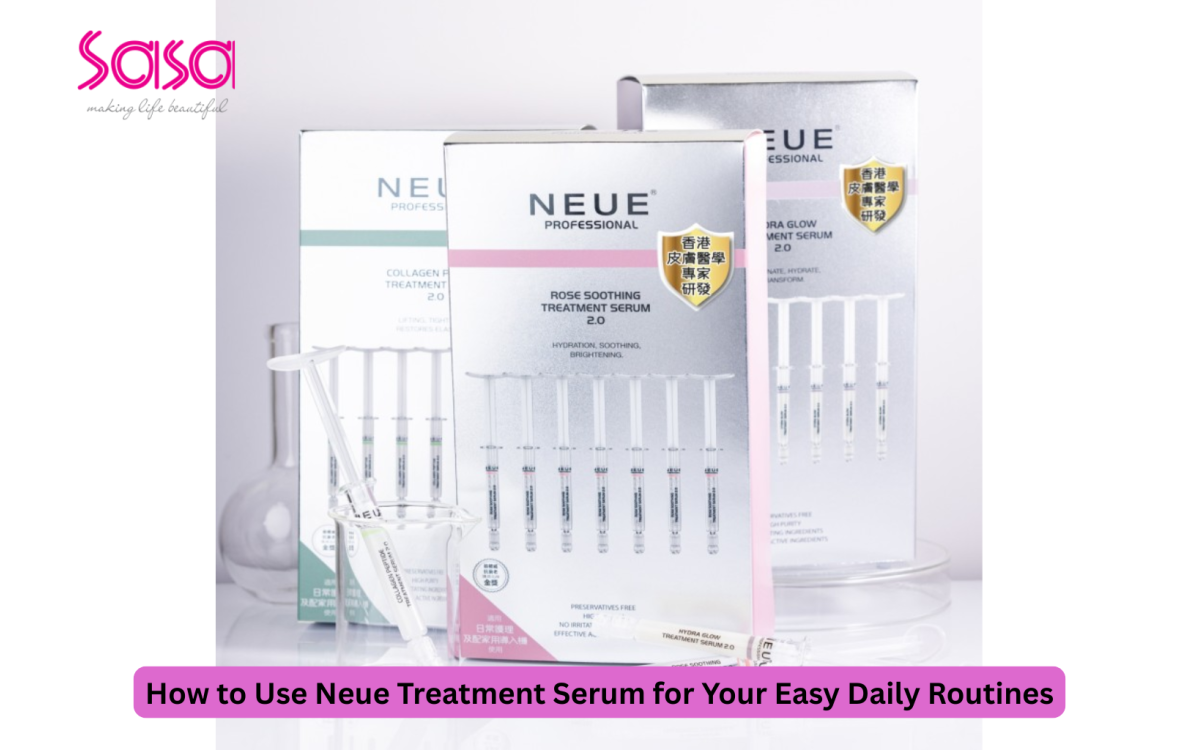
How to Use Neue Treatment Serum for Your Easy Daily Routines
17 Nov 2025
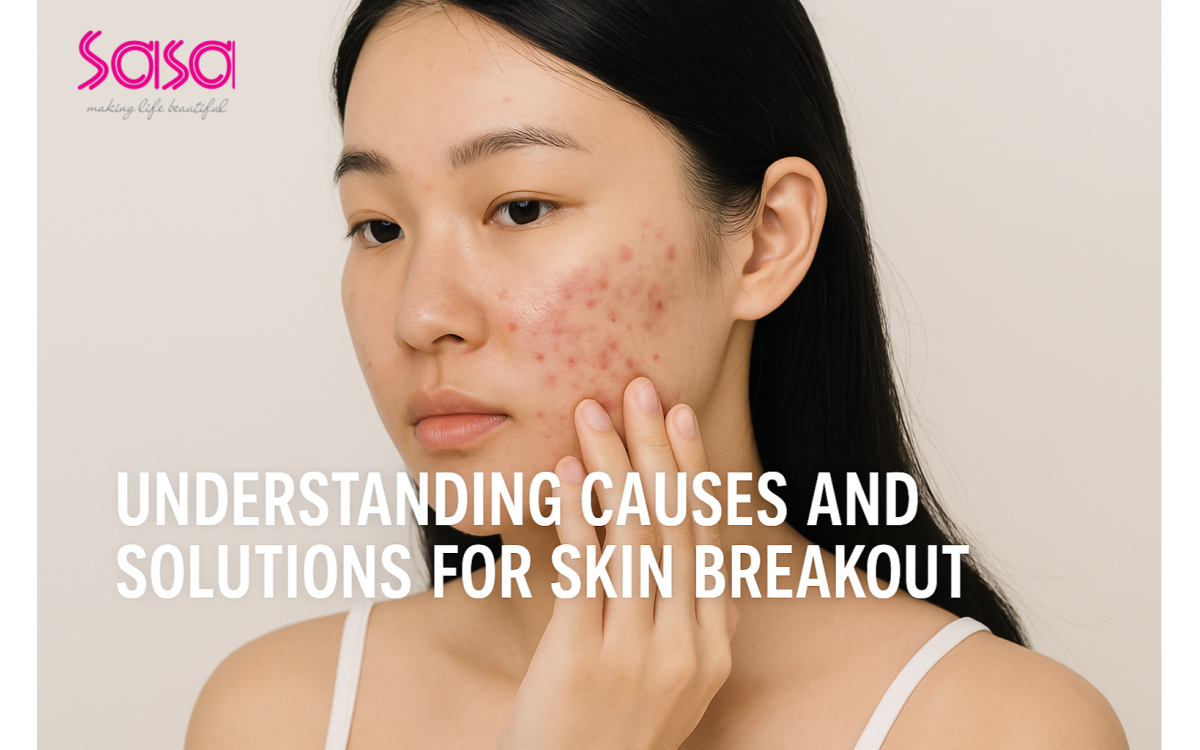
Breakout Causes & Symptoms: Skin Care Habits That Worsen Acne
19 Nov 2025
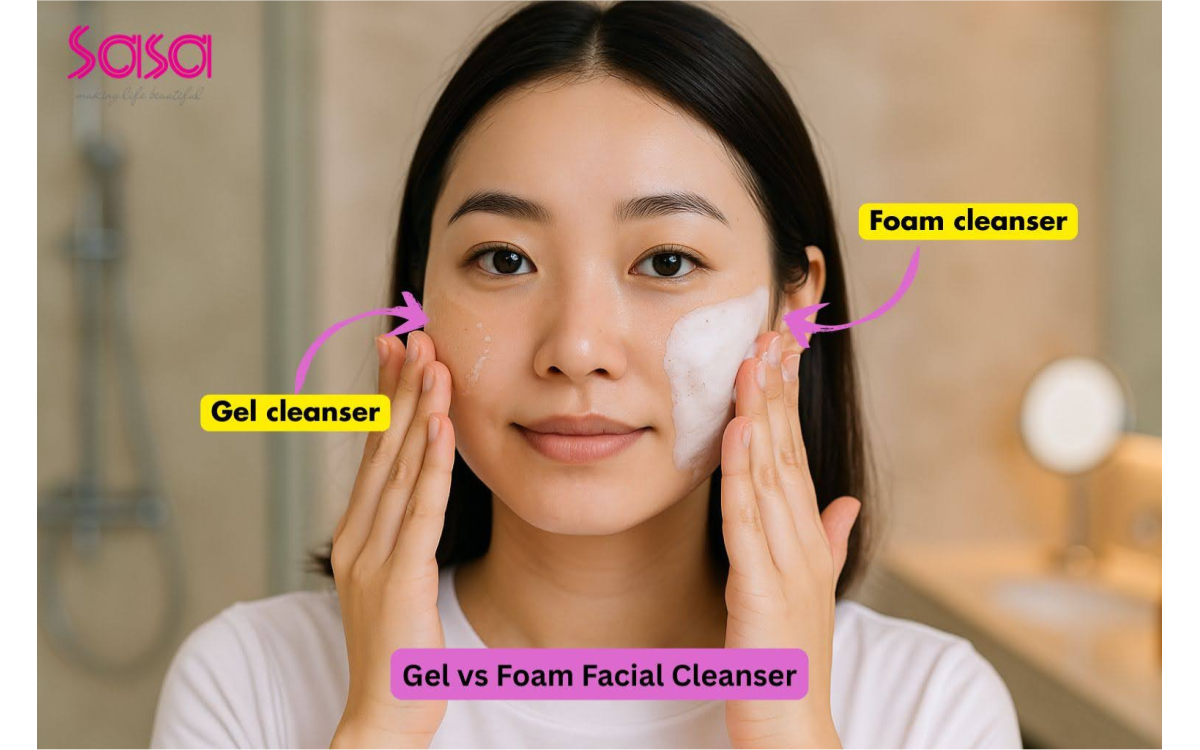
Gel vs Foam Facial Cleanser: Which Is Right for Your Skin Type?
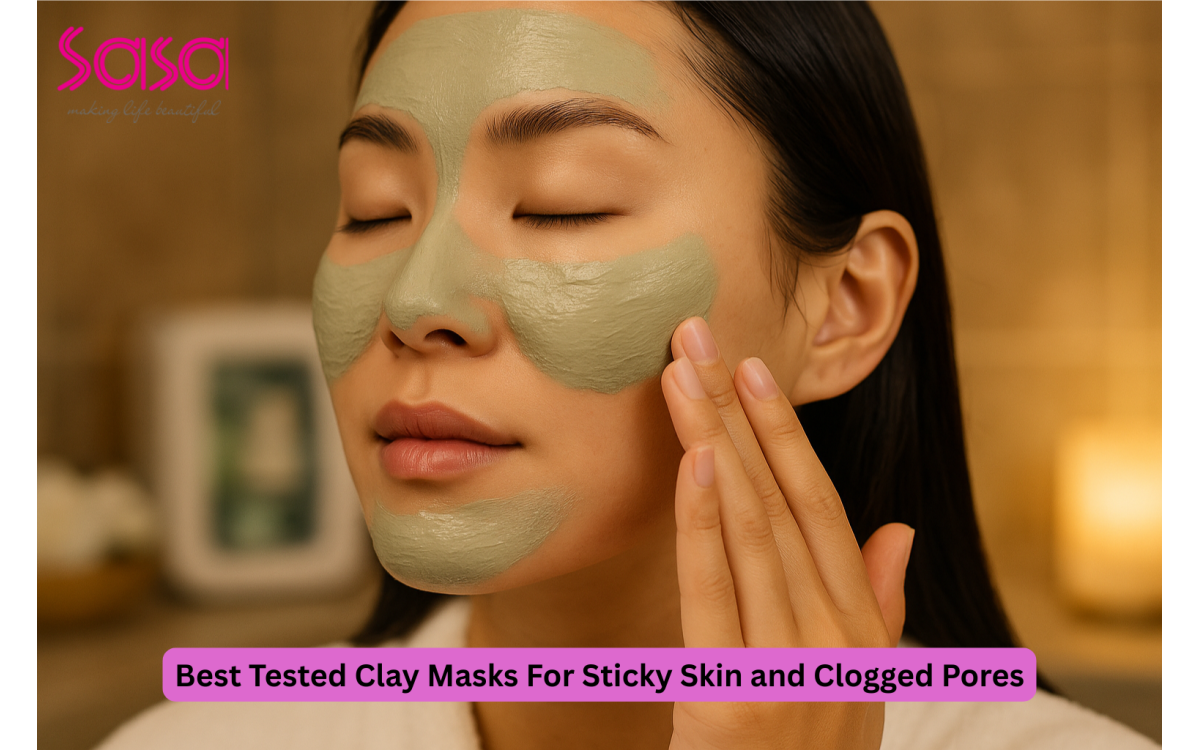
Best Tested Clay Masks For Sticky Skin and Clogged Pores

Why Women Should Wear Sunscreen Every Day for Healthy and Youthful Skin

Skincare Fridge: 6 Beauty Products To Store For Cool Skin Care
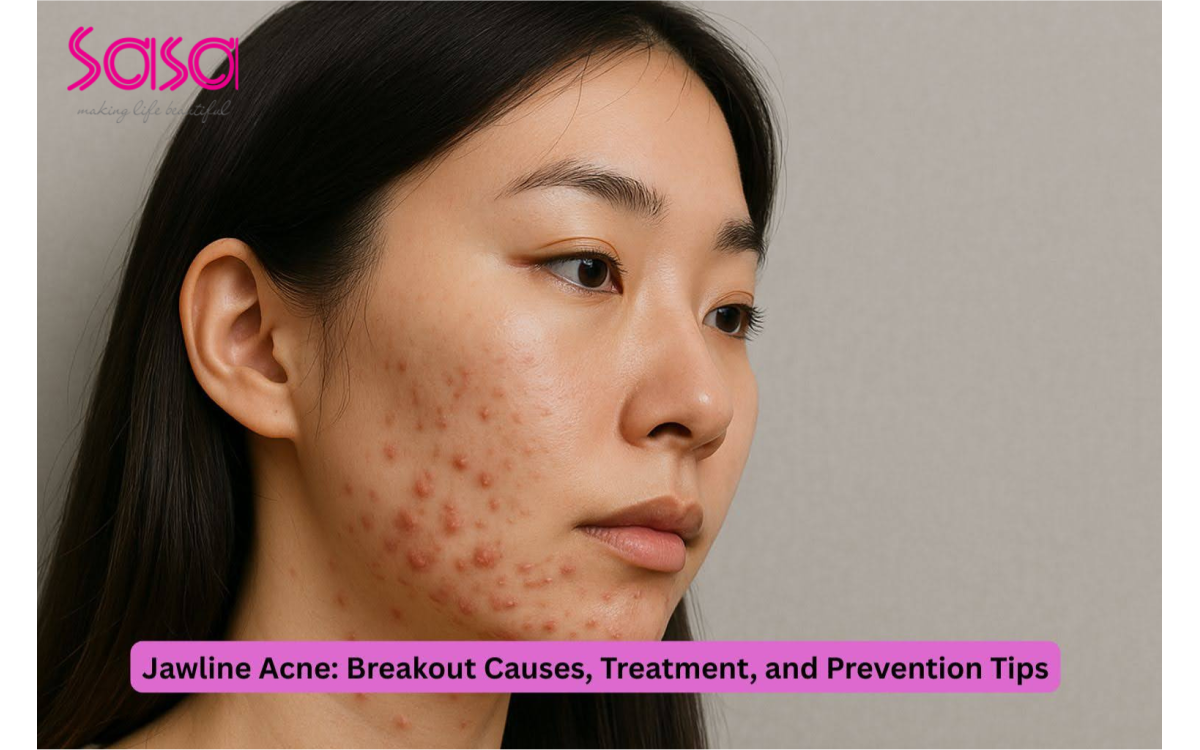
Jawline Acne: Breakout Causes, Treatment, and Prevention Tips
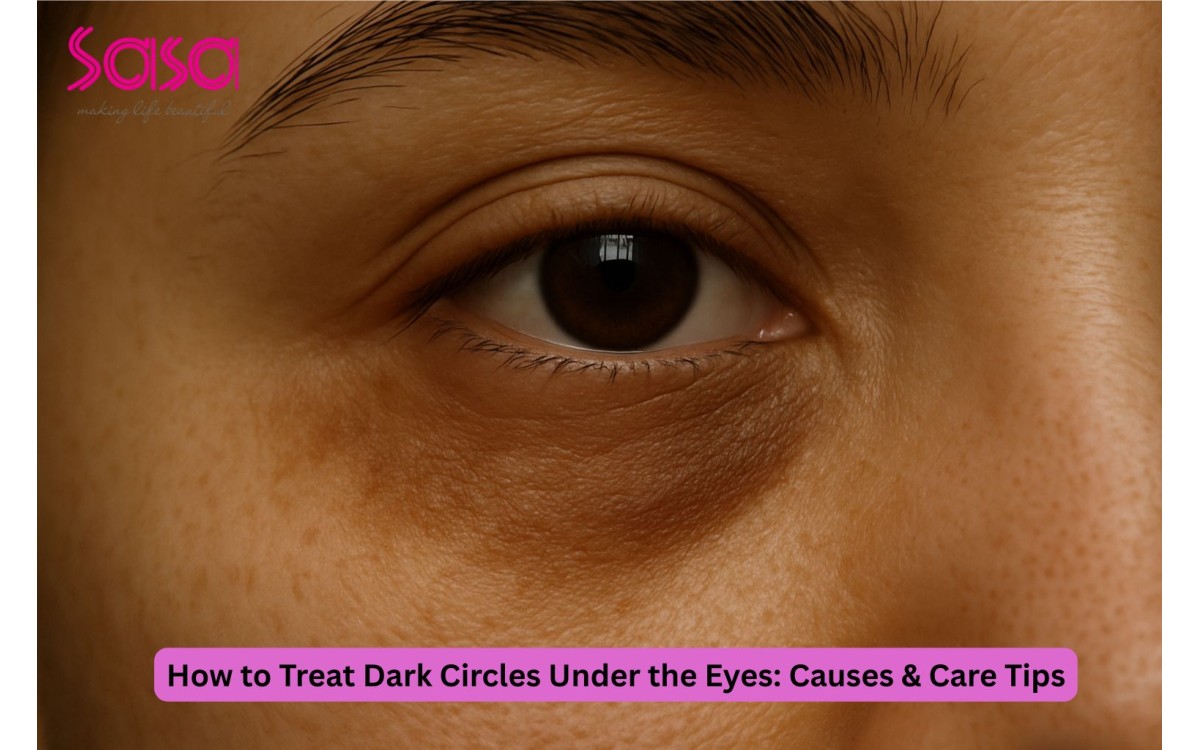
How to Treat Dark Circles Under the Eyes: Causes & Care Tips
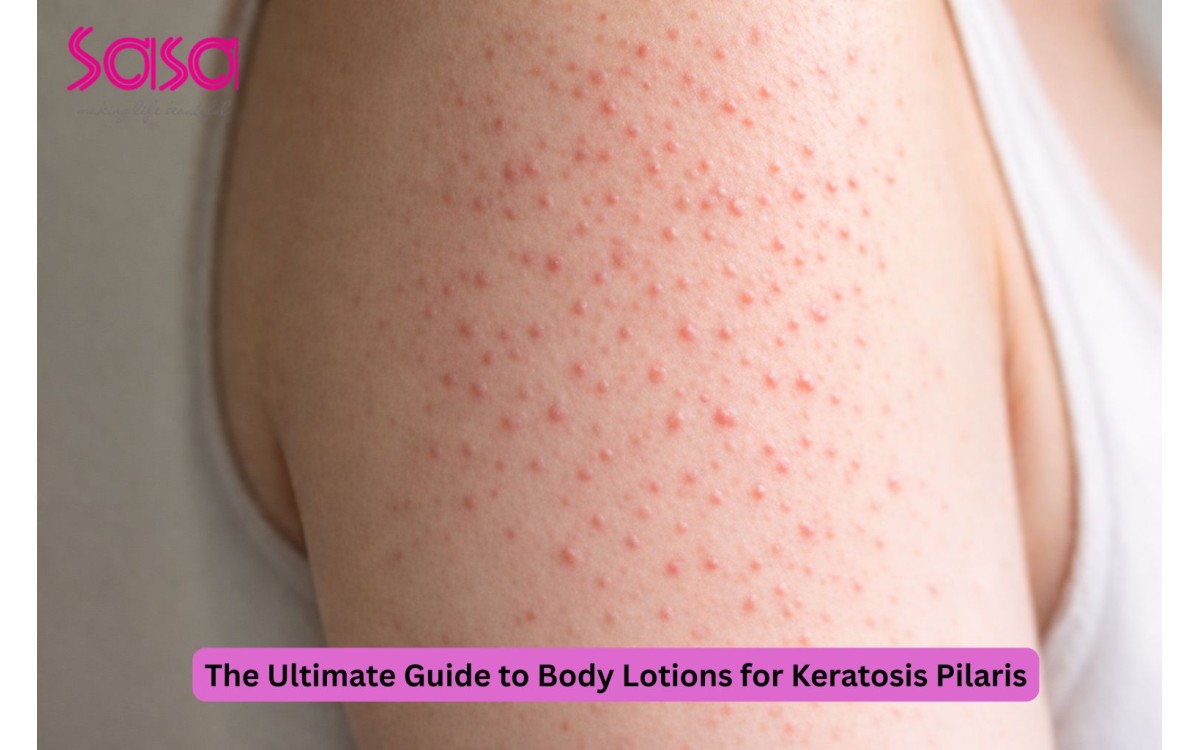
The Ultimate Guide to Body Lotions for Keratosis Pilaris



